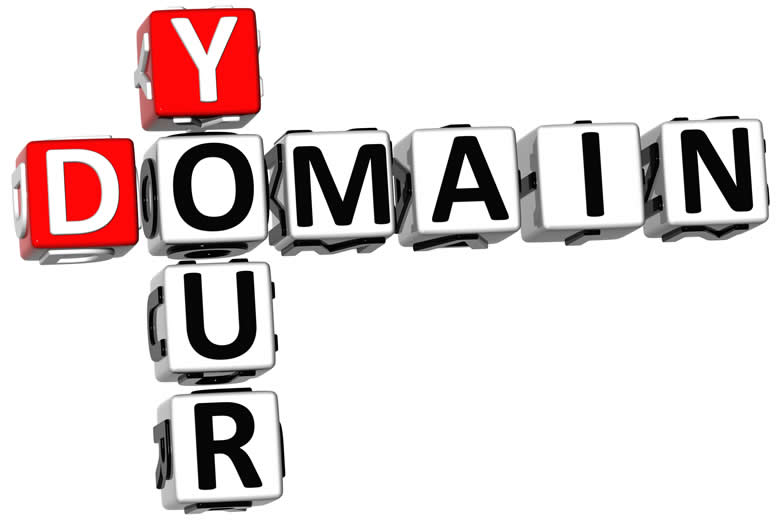What Is Domain Forwarding With Masking?
- Donna Fisher
- September 9th, 2016

Many business owners will purchase multiple domain names in order to “corner the market,” so to speak. When you buy domain forwarding, you can increase the traffic to your site. With masking, you can protect your own privacy. The internet uses IP addresses, and web servers use the Domain Name System to turn domain names into IP addresses. The logic behind owning several different domain names is solid. Say your family owns a roofing company in Amarillo, TX. You could own the domain with your brand: “JohnJonesRoofing.com” along with domains using popular search phrases such as “roofersinamarillo.com” and “roofingcompaniesinamarillo.com.” Some savvy business people even buy the domains that use misspelled words, such as “roofersinamarilo.” You see this all the time with common grammatical errors, such as plurals and malapropisms. You can also purchase the domain names with alternate extensions, such as .biz and .net.
How To Use Domain Forwarding

Think of all the words to describe your business.
Domain Forwarding
You may ask, “How do I maintain so many different websites?” The purpose of domain forwarding is to keep you from having to maintain multiple sites. With domain forwarding, customers visiting any of the domains in the group will be automatically forwarded to the same site.
With domain forwarding, you can use multiple domain names to drive traffic to your website. You can also move traffic from your old website to a new one. This is especially important if you have affiliates who include links to your website on their pages. When someone clicks the link to your old site, they will automatically be forwarded to your new site.

Other domains are forwarded to your site.
The problem – and you knew there had to be a problem – is that it does not help your SEO. All of those links from domains to the same site will register as duplicate content with search engines. The best way to keep this from happening is to use 301 redirects. The search engines will recognize that these links are part of your branding strategy and will not penalize you or devalue your domains. Your primary URL will get credit from the traffic from all of these different domains.
Domain Masking
Masking a domain keeps the user from seeing the actual domain name. This is preferable in some security and privacy cases. Another reason for masking a domain name is because it is extremely long.

Domain masking can protect your privacy. Or, scare the heck out of people.
Masking the domain name can have the same effect on your SEO as domain forwarding. The search engines will recognize duplicate content. There is no actual penalty, it just confuses the search engines and they will make a choice to focus on just one domain.
Black Hat Masking
If all of this domain forwarding with masking sounds a little bit shady to you, there is a reason. All domain forwarding and masking were once considered to be black hat SEO. At one time this was considered to be a deception and an attempt to manipulate visitors. The use of these methods was considered unethical.

Remember - the black hats are the bad guys.
However, the increased popularity of shorter URLs, especially for social media purposes, has made the practice more acceptable.
Deceptive marketing is still an issue. It is possible to forward a visitor to a totally unrelated website, and such practice is still considered to be black hat.
If you think your business or brand may benefit from domain forwarding with masking, talk to your webmaster or host. You may be able to bring in more visitors by adding a domain or two.


